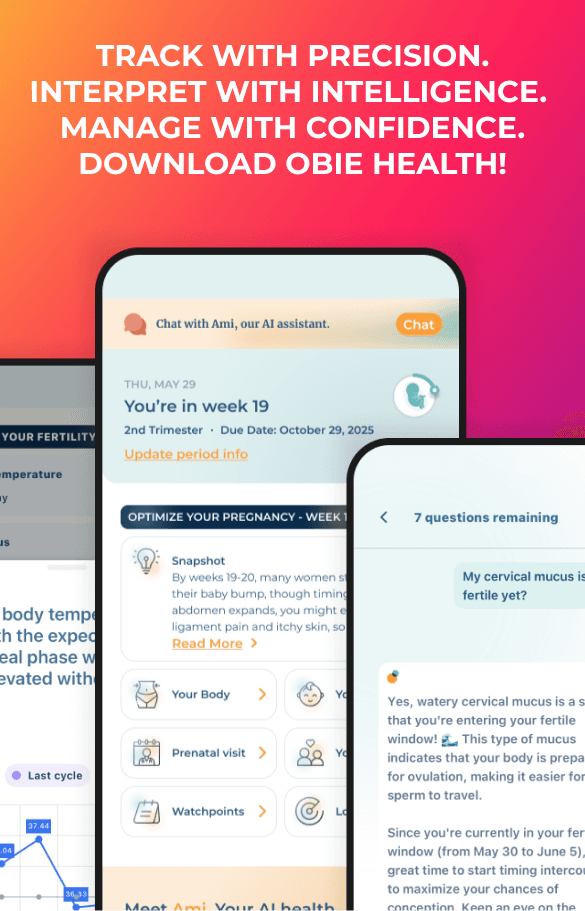All About the Birth Control Pill
Contraception
Obie Editorial Team

Birth control pills have been around for more than 50 years. The pill is a combination of female hormones used to inhibit fertility. Current birth control pills are more than 99-percent effective at preventing pregnancy. While they are an effective means of preventing pregnancy, if you are concerned about sexually transmitted diseases, protected sex is still a must. Birth control pills do not stop sexually transmitted disease (STD) infection, so women can still contract STDs from partners during sexual contact while taking the birth control pill.
- Combination Birth Control Pills
- Progestin-only Pills
- Share Your Tip: How Do You Remember When to Take Your Birth Control Pill?
- Medications and Inhibitors that Lower the Pill's Effectiveness
- Common Myths About the Pill
- Withdrawal Bleeding
- Tips for Safely Storing the Pill
How do birth control pills prevent pregnancy?
Birth control pills are made up of female hormones. The hormones work in three ways – prevention of egg release, change in cervical mucus and change in the uterine lining.
- If a woman does not release a mature egg, sperm cannot fertilize the egg and thus pregnancy is prevented.
- The cervical mucus is the roadway that sperm uses to reach the egg. During ovulation, cervical mucus changes to a slick, thin substance that sperm use to swim faster and more efficiently to the egg. The birth control pill causes cervical mucus to remain thick and sticky so sperm gets caught up and cannot reach the egg.
- Before ovulation, the uterine lining thickens with a blood-rich lining ideal for fertilized egg implantation. Hormones in the birth control pill prevent this from happening, so the egg does not have a soft, healthy lining where it can implant and grow.
What are my chances of getting pregnant when I take the combined pill?
If you take the combined pill correctly, your chances of getting pregnant are much less than 1%. However, if you miss the pill, there is a higher chance of getting pregnant.
Who can take birth control pills?
Doctors use birth control pills for pregnancy prevention and also to help control menstrual cycles. Typically, the birth control pill is considered safe and effective for young women as soon as they become sexually active. There is no set age limit for use of birth control pills, but there are risks associated with this form of pregnancy prevention.
Side effects associated with birth control pills may include pain in the abdomen or chest, headaches, swelling of the legs, and changes in vision. Women who are over the age of 35 or who smoke are at increased risk of serious, life-threatening side effects of the birth control pill, including blood clots, heart disease, liver disease, and certain forms of cancer. It is best to be completely honest with your gynecologist or other prescribing doctors if you smoke.
Some birth control pills are taken every day and others are taken 21 days of the month. Newer varieties of birth control pills limit the number of menstrual cycles to three or four per year
Birth control pill Q&A
- Do I ovulate when on the pill?
- Do my chances of getting pregnant decrease if I have been on the pill for many years?
- Does it matter when during the cycle I missed the pill?
- When is my period supposed to come?
- I started a new brand of the pill and my period changed. Why?
- Will I get pregnant if I have sex during my period while on the pill?
- How many pills can I miss without having to use a condom?
- How long do I have to wait after I stop taking the pill in order to get pregnant?
- How many days in a row is it ok to miss the pill?
- Should I tell my doctor if I plan to go off the pill?
- What foods interfere with the pill?
- What medications interfere with the pill?
- Why does my period always come at the end of the white pills and not the beginning?
- Will I get pregnant if I have sex between two pill packs?
Learn more about other birth control methods in our Birth Control Guide!
Read More











